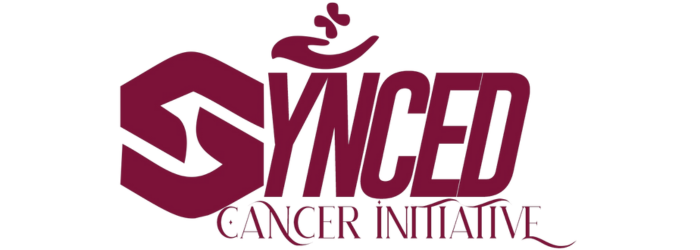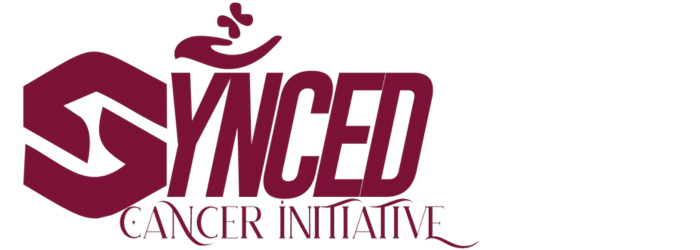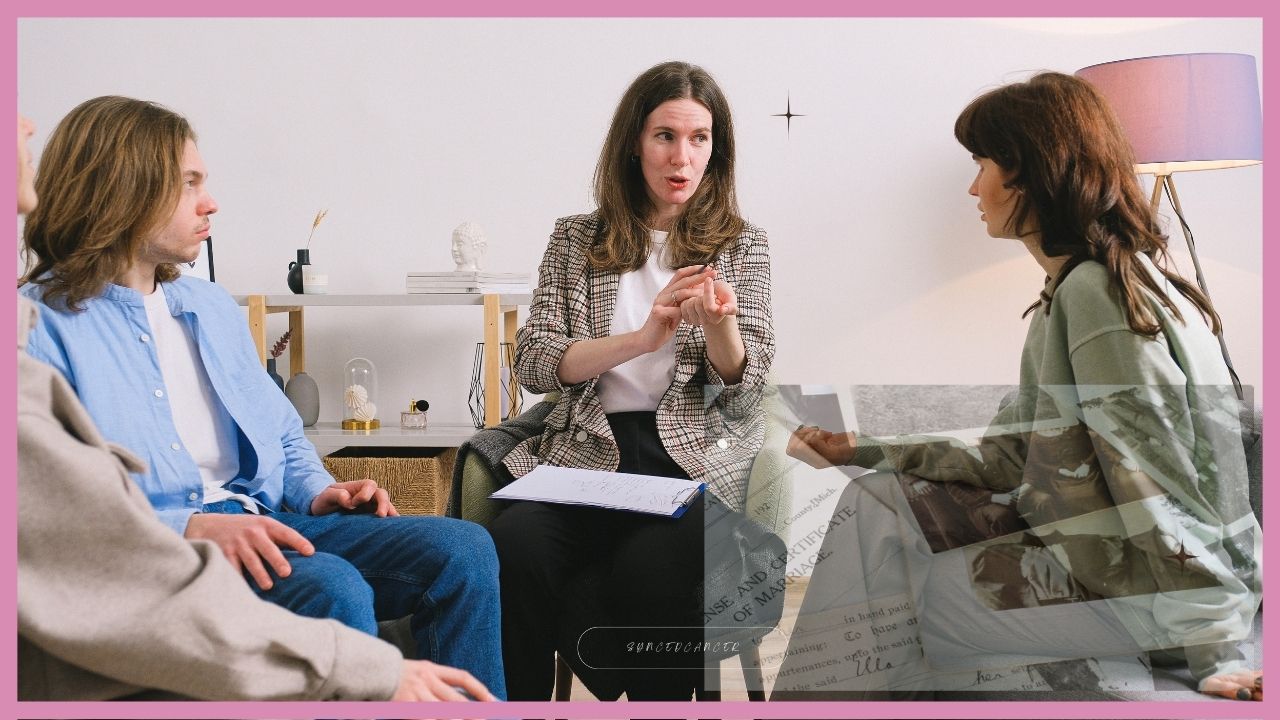When it comes to protecting your health, especially as a woman, one of the most powerful tools you have is knowledge. And not just any knowledge—but knowledge of your family health history.
It might sound simple, but understanding your family health condition, especially breast cancer, can give you and your healthcare team critical insight into your personal risk. With that information, you can take proactive steps, such as getting screened earlier or more often than average, making lifestyle changes, or considering preventive treatments like risk-reducing medications or genetic counseling.
But where do you start? How do you even begin a conversation that might feel sensitive or uncomfortable? And what exactly should you be asking?
Let’s walk through the why, the how, and the impact of knowing your family health history—especially when it comes to breast cancer.
Why Is Your Family Health History Important?
Having a close family member who has had breast cancer—such as a parent, sibling, or child—doubles your risk of developing breast cancer compared to someone with no such history. The risk is even greater if multiple close relatives have been diagnosed.
Additionally, family health histories of ovarian cancer or prostate cancer can also increase your risk for breast cancer. This is often due to inherited gene mutations, such as mutations in the BRCA1 or BRCA2 genes. These mutations can be passed down through either parent—yes, including your father—so it’s important to consider both sides of your family.
Beyond genetics, families often share similar lifestyles and behaviors that may influence health, such as diet, physical activity, and exposure to certain environmental factors. All of these contribute to the bigger picture of your risk.
Understanding your family health history helps your doctor recommend appropriate screenings, healthier lifestyle choices, or referrals to specialists. In some cases, it may even lead to genetic counseling or testing, which can offer even deeper insight.
Acknowledging the Sensitivity of the Topic
As important as this conversation is, it’s not always easy. For many people—especially older generations—talking about health issues can feel deeply personal or even taboo. Some may feel uncomfortable sharing private medical information or may be unaware of the value that information holds for their children and grandchildren.
If you find yourself in this situation, remember to approach the conversation with empathy and patience. Your goal is not to pressure anyone or make them feel judged, but to collect meaningful information that can help you and your doctor make informed decisions.
Let your family members know that sharing this information is not just about them—it’s about the whole family and can benefit others as well.
Tips for Starting the Conversation
Here are some steps to help you get the information you need while maintaining respectful and effective communication:
- Start with a plan: Make a list of the relatives who might be able to give you useful information. Start with parents, siblings, grandparents, aunts, and uncles. In many cases, one relative may know enough to provide information about other members of the family.
- Prepare your questions: Think about what you need to know and write it down. Some good questions include:
- Has anyone in the family been diagnosed with breast, ovarian, or prostate cancer?
- At what age were they diagnosed?
- “Did any family members have cancer more than once?”
- Has anyone had genetic testing for cancer risk?
Even if you don’t get all the answers, any information is better than none.
- Choose the right time and setting: Timing and setting are everything. Don’t bring this up when everyone is stressed, busy, or trying to enjoy a party. This could be during a quiet one-on-one conversation, a phone call, or even through a message if they prefer written communication. Respect their comfort level and give them space to process the conversation.
- Explain why you’re asking: Let your family members know that you’re gathering information for health reasons—not out of curiosity or concern for gossip. For example, you might say: “I’ve been learning about how family health history can affect my risk for certain conditions like breast cancer. I’m trying to get a better understanding of our family health so I can talk to my doctor and make informed decisions.”
This helps your loved ones understand that this conversation is about care and prevention—not blame or judgment.
- Practice what you want to say: If you’re the type that gets awkward when things get serious, try practicing your script. Say it out loud. Even rehearse with a friend if it helps. That way, when it’s time for the real convo, you won’t stumble over your words or back out at the last second.
- Record what you learn: Once people start sharing, have a way to jot things down. Whether it’s in a notebook, Google Doc, or a health tracking app, record what you learn. You’ll want to note:
- Who the relative is (and whether they are on your mother’s or father’s side)
- The type of cancer or illness
- At what age
- Any known genetic testing results (if available)
Organize it so it’s easy to show your doctor later without needing to draw a family tree with crayons.
- Share your plan moving forward: Let your family members know how you’ll use the information. You’re not going to start whispering names during brunch. You’re going to talk to your doctor about it (without name-dropping), to get professional advice about your own risk and what next steps to take. Also, let them know you’ll share whatever you learn from your doctor with them. Who knows? You might inspire someone else in the family to take charge of their health too.
Knowledge is Empowerment
Having a conversation about family health history may not be the easiest topic to bring up—but it is one of the most valuable. The information you collect can help you understand your own health risk and take informed steps to protect yourself and your loved ones.
Remember: this is not about fear. It’s about empowerment. Knowing your risk doesn’t mean you’re doomed—it means you’re prepared. And with that preparation come options, support, and a stronger sense of control over your health journey.
So take the first step. Start the conversation. Your future self—and your family—will thank you.
References
Susan G. Komen – Lorem ipsum dolor sit amet, consectetur adipiscing elit. Ut elit tellus, luctus nec ullamcorper mattis, pulvinar dapibus leo.
Accessed 1st April, 2025











What do you think?
It is nice to know your opinion. Leave a comment.